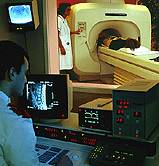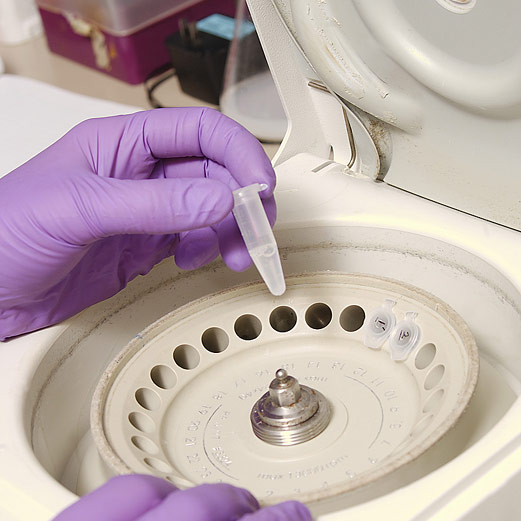
TUESDAY, Oct. 9 (HealthDay News) — A new MRI technique is showing “practical promise” in identifying thickening of the coronary artery wall, an early stage of coronary heart disease, researchers say.
The findings suggest that this technique could be used to screen people at risk for coronary artery disease and to monitor the effects of treatment, said the authors of the study published online Oct. 9 in the journal Radiology.
“We currently have no reliable way to noninvasively image coronary artery disease in its early stages, when the disease can be treated with lifestyle changes and medications to lower cholesterol,” lead researcher Dr. Khaled Abd-Elmoniem, a staff scientist in the biomedical and metabolic imaging branch of the U.S. National Institute of Diabetes and Digestive and Kidney Diseases, said in a journal news release.
The researchers used both single-frame MRI and time-resolved multiframe acquisition MRI to measure the wall thickness of the coronary arteries in 26 people with at least one risk factor for coronary artery disease and 12 healthy people.
Time-resolved multiframe acquisition MRI captures five continuous images to increase the success rate of obtaining an image without any blurring. The success rate for providing a usable image was 90 percent for this new technique, compared with 76 percent for the single-frame method, the study authors reported.
The new technique was also better able to detect differences in coronary artery wall thickness between people with coronary artery disease risk factors and healthy people, the researchers found.
“Imaging the coronary arteries that supply the heart with blood is extremely difficult because they are very small and constantly in motion,” Abd-Elmoniem said. “Obtaining a reliable and accurate image of these vessels is very important because thickening of the vessel wall is an early indicator of atherosclerosis [hardening of the arteries].”
Further research is needed to confirm the value of the new MRI technique in identifying thickening of coronary artery walls, the study authors pointed out.
More information
The American Academy of Family Physicians has more about coronary artery disease.

